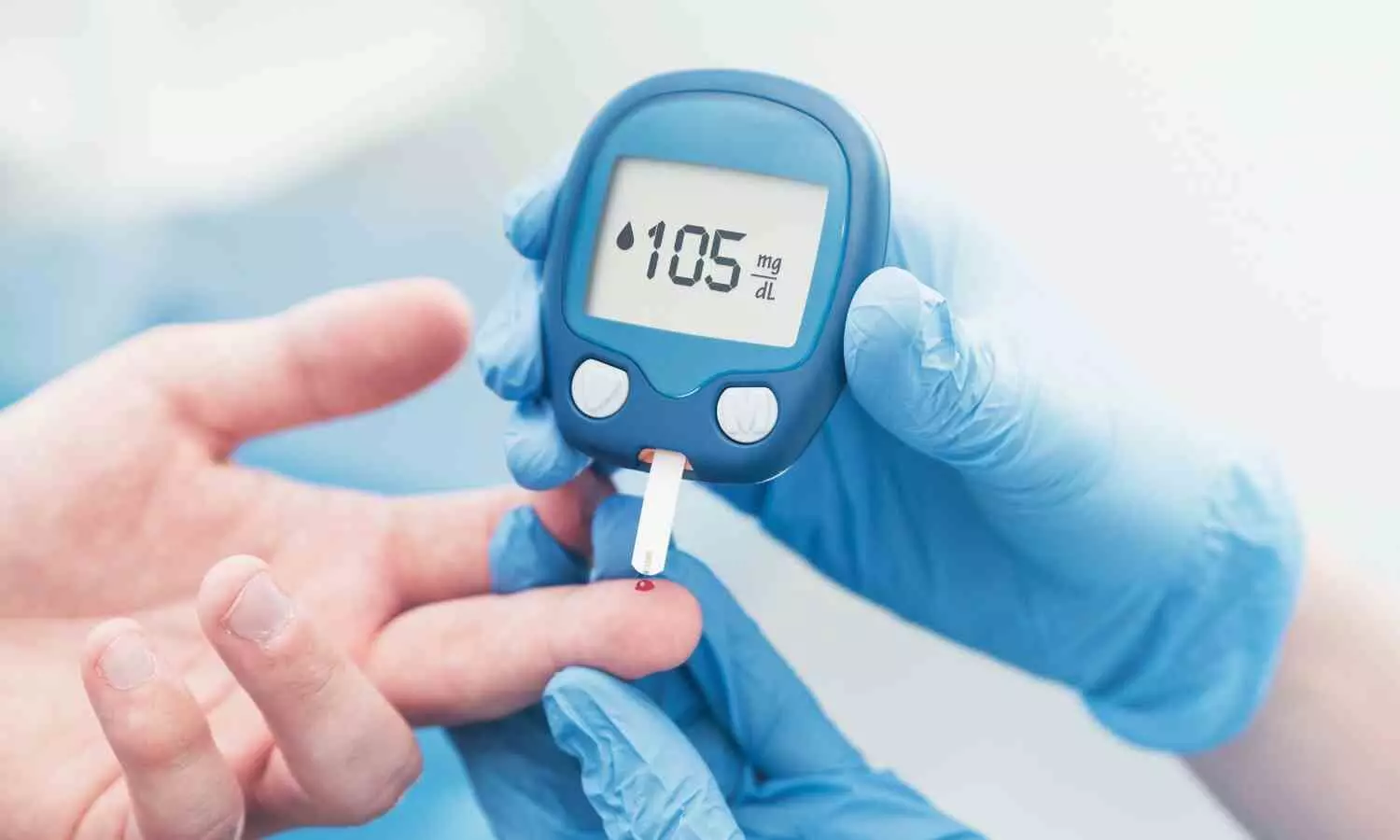Maternal T1D Less Likely Transferred to Child as Compare to Paternal T1D: Study finds

UK: Maternal type
1 diabetes offers long-term protection against type 1 diabetes to offspring as
compared to paternal type 1 diabetes, a recent study finds.
The study presented at the 2024 Annual Meeting of the European Association for the Study of
Diabetes (EASD) in Madrid suggests that children of mothers with type 1
diabetes are less likely to develop the condition compared to children of
fathers with type 1 diabetes. And found that being exposed to a mother’s type 1
diabetes while still in the womb is very important, in providing long-term
protection against developing type 1 diabetes later in life.
Diabetes is a genetic condition that significantly increases the likelihood
of a child developing diabetes if either or both parents have the disease. Individuals
with a family history of type 1 diabetes (T1D) have an 8 to 15 times higher
risk of developing the condition compared to the general population. The risk
of inheriting T1D from mothers is about half that from fathers.
It remains unclear whether this protective effect
continues beyond childhood and what is the reason for the difference in risk
between maternal and paternal inheritance.
Against the above background, Dr. Lowri Allen of the
Diabetes Research Group at Cardiff University, UK, and colleagues performed a meta-analysis across
5 cohorts of individuals with type 1 diabetes (total n=11,475, diagnosed
age 0-88 years).
They compared the proportion of individuals with type
1 diabetes (T1D) inherited from their fathers versus their mothers and
investigated if this comparison was affected by the age at which the individual
was diagnosed and the timing of the parent’s diagnosis relative to the child’s
birth. Additionally, they analysed the type 1 diabetes genetic risk score
(GRS2) between those with T1D inherited from mothers and those from fathers.
Study findings reveal:
- Twice
as many individuals had an affected father compared with mother (overall OR 1.79). - The proportion of individuals with type 1
diabetes who had an affected father was higher than those with an affected
mother, both for those diagnosed at > 18 years (OR 1.64) and ≤18 years (OR
1.80) - The higher proportion of individuals with
affected fathers was observed only if the father’s diagnosis occurred before
the offspring’s birth (OR 1.92 vs OR 1.28). - The genetic risk score for type 1 diabetes
(GRS2) did not significantly differ between individuals with affected fathers
and those with affected mothers.
“Mother with type 1
diabetes, compared to a father, provides relative protection against developing
the condition and this can help us create new preventive treatments. These
treatments might aim to mimic some of the protective elements present in
mothers,” said the researchers.
Reference: Allen, L. A.,
Taylor, P. N., Carson, A., Oram, R., & Colleagues. (2024). Maternal type 1
diabetes confers long-term relative protection against type 1 diabetes in the
offspring: Results from five cohort studies. Presented at the Annual Meeting of
the European Association for the Study of Diabetes (EASD), Madrid, Spain.



